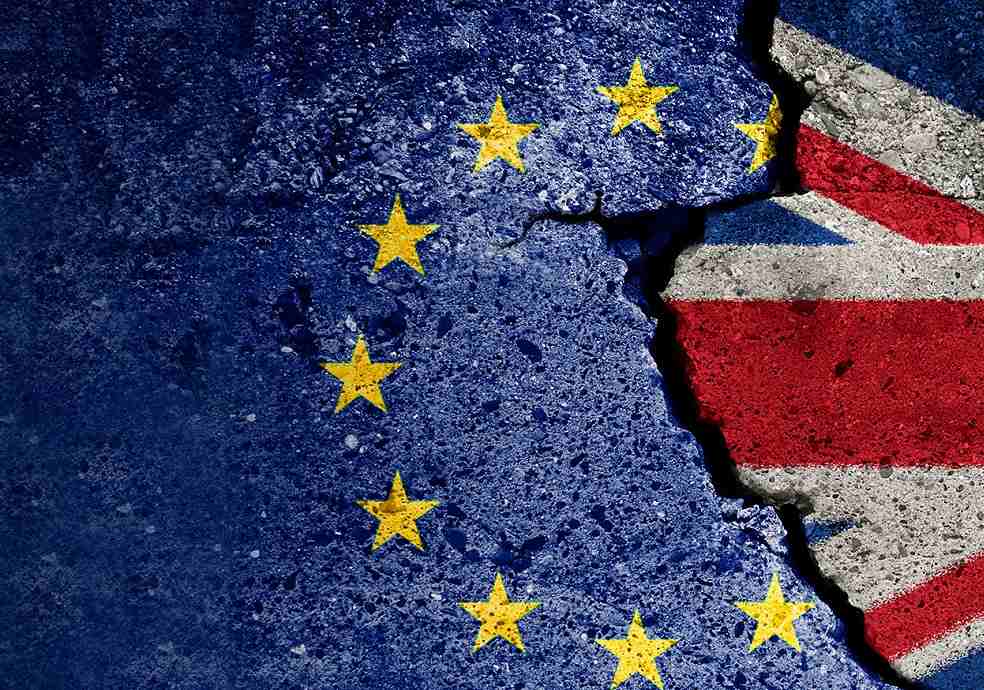The United Kingdom’s departure from the European Union has precipitated a discernible economic impact across various sectors. The UK beauty exports exhibit significant strain, witnessing an £850 million decline in value to the EU. A meticulous analysis conducted by Oxford Economics, on behalf of the British Beauty Council, reveals that this contraction is attributed primarily to Brexit-related trade complexities rather than global pandemic upheavals.
Customs delays and escalated costs of cross-border commerce have emerged as formidable adversaries, eroding sales margins. Small businesses, essentiality of industry machinery, experience exacerbated vulnerabilities owing to heightened trade barriers. The research juxtaposes the UK’s beauty product exports to the EU with global markets, unveiling a discernible regression in EU-bound exports, while stability characterizes other international markets.
Dissecting the influence of external factors, the study delineates Brexit as the predominant disruptor, relegating the pervasive impact of Covid-19 to a secondary position. A nuanced view uncovers the resilience of small and medium-sized enterprises (SMEs), albeit strained, navigating through unprecedented trade landscapes marked by diminished workforce avenues due to reduced EU labor accessibility.

Historical data elucidate a trajectory of prosperity, marked by escalating exports from 2010 to 2016. The post-2016 period, defined by the Brexit vote, has been characterized by a consistent attenuation of EU-bound exports.
Echoing the industry’s prevailing dispositions, Millie Kendall of the British Beauty Council accentuates Brexit as the principal reason for the prevailing trade adversities, overshadowing pandemic-induced disruptions. Kendall’s insights mirror the sector’s territorial retrenchment trends, as highlighted by Oxford Economics’ findings.

The British Chambers of Commerce (BCC) survey offers additional perspectives, underscoring the adversities encountered by nearly half of UK exporters in adapting to a redefined regulatory tapestry post-Brexit. William Bain from the BCC underscores the imperative of bolstering export volumes to fortify the UK’s economic landscape against a multitude of challenges ranging from global economic uncertainties to intricate supply chain dynamics.
The findings of these reports resonate as a clarion call for strategic recalibration and robust support mechanisms to navigate through the challenges encircled in the UK’s beauty industry in a post-Brexit world.
FASHION INDUSTRY | Africa’s Fashion Industry Awaits Investment for Global Boom



